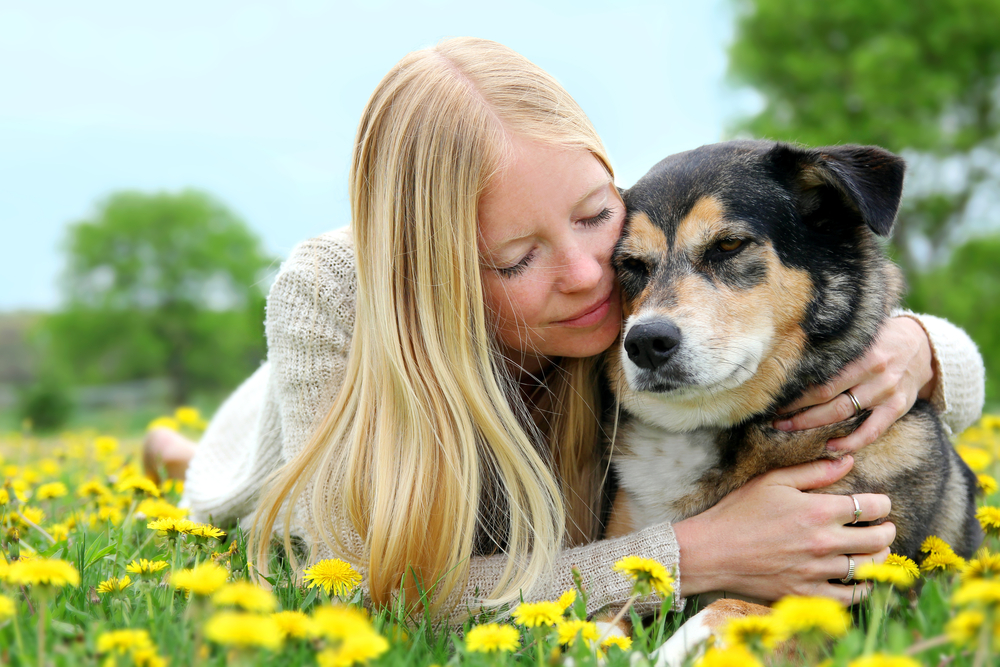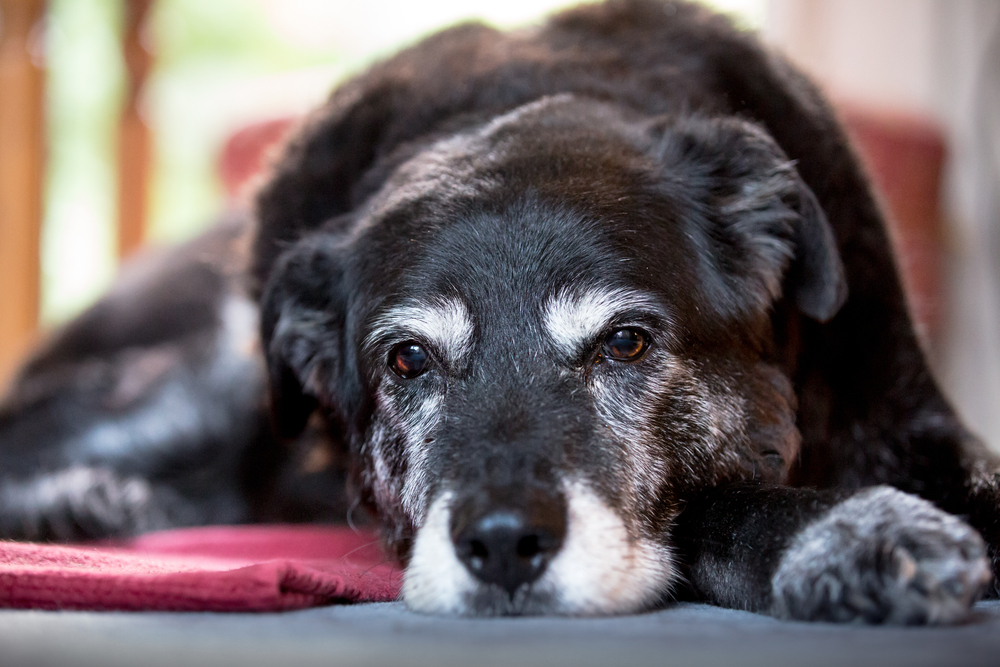
Perhaps one day, your pooch will stop running around the property and sit throughout most of the day on your porch. Gone are the days of the hyperactive pup as your pet dog is now in its senior years. Obviously, taking care of an elderly dog will have different care needs than younger puppies. So, here are six tips to help give your senior dog the attention it needs.
Change its Diet
A balanced diet plays a critical role in your dog, regardless of age. But, you need to know the age-appropriate food to give your senior pet pooch. Older dogs might run a higher risk of developing obesity because they might not have the same energy levels as when they were puppies. Thus, it’s essential to give dog food designed for elderly canines to help prevent unnecessary weight gain.
Dog food meant for senior pets might have less fat and fewer calories. Also, complement your pet’s diet with age-appropriate supplements to help maintain its excellent well-being.
Aim to buy supplements from reliable suppliers like Pet Honesty. Avoid giving your canine companion low-quality food as these options might put your pet at risk of gaining health issues.
You can consult a veterinarian if you’re unsure which pet food or supplement to give your elderly dog. The pet professional may also help provide your dog with particular medications if needed.
Give it Walks
Like humans, your senior dog still needs regular exercise. Your pet might not jump and play as it used to, but it doesn’t mean you should condone its lazy behavior.
Give your aging pup a walk around the neighborhood every morning. Also, attempt to play with your dog. Make it move around as much as possible because movement may help keep its joints healthy. Furthermore, playing with your pet, regardless of its age, will help stimulate its mental behavior. Playing fetch, running around a field, and catching toys may help your dog resist cognitive decline.
But, your senior dog might not respond immediately to lures when you want to play or walk. Maintain patience, and build your pooch’s will to stand up from the porch and start walking to you.
At this point, your four-legged family member might have low energy levels. So, keep that idea in mind when you’re trying to entice it with proper exercise.
Teach it New Tricks
Forget the adage saying, “You can’t teach old dog new tricks.” Remember, mental health is still essential for your elderly pet.
Now, your dog might be the sharpest canine in the pack. You might think that your furry friend already knows all the tricks in the book like sit, speak, and play dead. But, you can still teach your elderly pooch new tricks.
For example, you can teach your dog to spin, kiss, or bark on command. You might also consider training your pet to stand on its hind legs. But, consider your canine’s health when you want to teach this trick. Individual dogs will find it challenging to stand on their hind legs, especially for long periods. If you see your pet in discomfort or pain when it tries to stand on its hind legs, don’t continue the training.
Provide Protection from Weather
Owning a pet means you now have an additional household member. But, this member may not know how to care for itself, especially during extreme weather. Your dog might find it challenging to cope with the heat of summer or the biting winds of winter. So, like any other family member, you should care for your dog regardless of the season.
In summer, make sure to give your pet plenty of shade. Also, don’t forget to fill its water bowl or container all the time. If you see your pooch panting profusely, perhaps it’s asking you to give it water.
In winter, you might consider buying it an extra layer of warmth with the help of doggy clothing. Search for size-appropriate capes, coats, and clothes.

Maintain Oral Health
Many old dogs may not have proper dental care. So, your pet pooch might be missing a few teeth, especially after several incessant biting sessions with its chew toy.
Pet dental care is an essential part of its grooming habits. Maintaining your pet’s prim and proper looks won’t only ensure its beauty, but it will also help maintain its excellent well-being. A clean dog may have better resistance against illnesses against dirty canines.
Ensuring your dog’s chompers remain clean and free of food residue is paramount to ensuring its health. Food left in its mouth might make you experience stinky (and wet) kisses from your furry friend.
Don’t forget to brush your dog’s teeth regularly. If you don’t have the time to groom your pet, consider bringing it to special salons.
Check for Signs of Arthritis
Perhaps one of the reasons for your dog’s inability to walk and run around is because of arthritis. Dogs are not immune to this disease caused by the inflammation of the joints. Also, this health issue might be more common in elderly canines than younger pups.
Search for any signs of doggy arthritis such as:
- Decreased physical activity
- Stiff joints
- Difficulties in sitting, standing, or climbing stairs
- Frequent dog whimpering
Consult your vet for medications to help treat your canine companion’s arthritis. Otherwise, the veterinarian may also prescribe special diets or low-impact workout plans to help ease “Fido’s” pain.
Also, avoid giving your pet over-the-counter human medicines unless prescribed by your veterinarian. Medicine doses may differ between human and pet consumption. So, giving your pooch a regular dose of human pain killer might be too much for its body to handle.
Are You Worried for Your Elderly Pet Dog?
Your furry four-legged friend might be nearing the end of its life. It’s okay for you to worry about the well-being of your pet pooch. But, it doesn’t mean that you should make his or her life less happy and content than before. Let the tips mentioned in this post help you care for your aging dog.

Leave a Reply